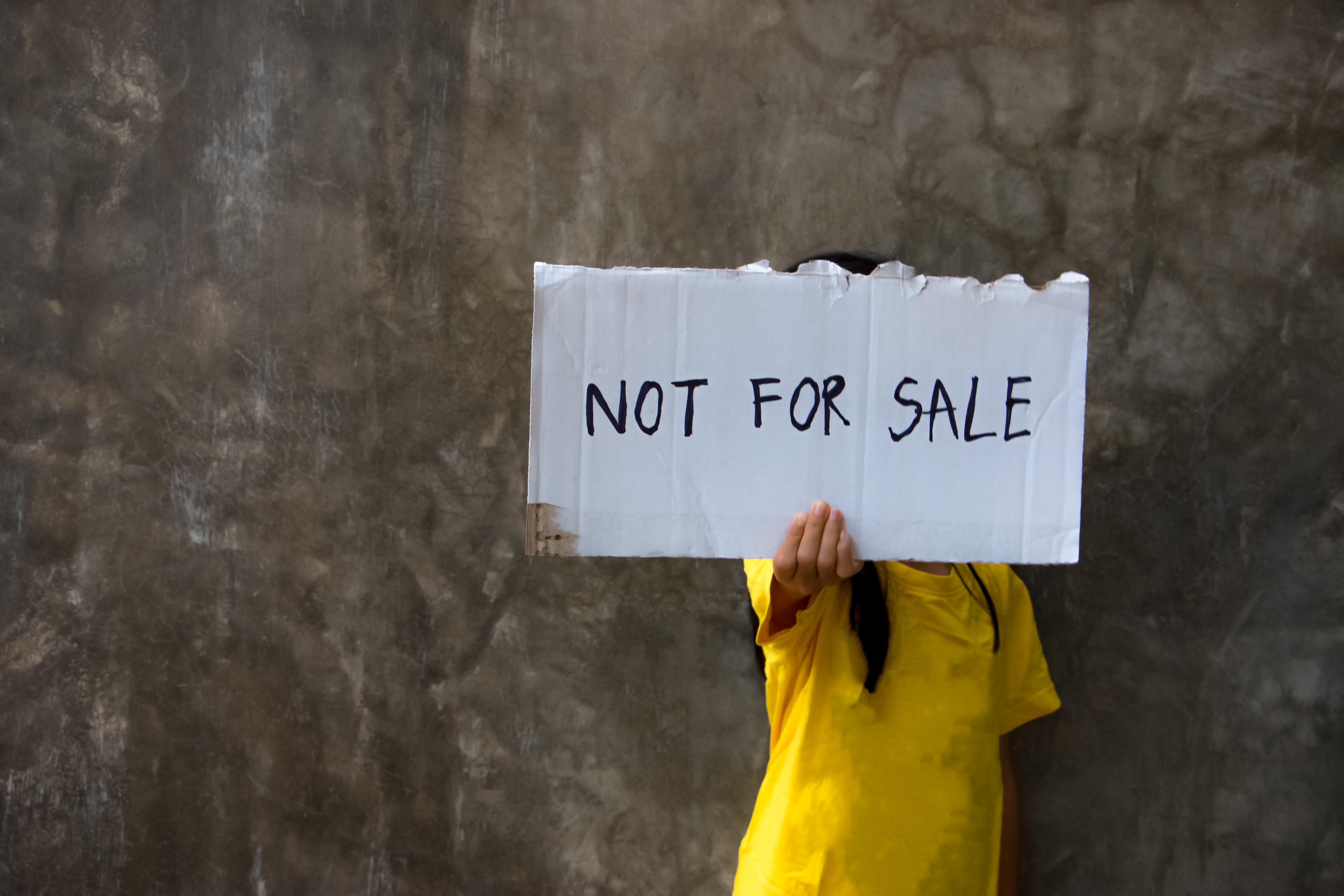
Monday, August 8, 2022
Preventing and combating human trafficking and reintegrating survivors
Tabled by ECPYouth, 17 June 2022- Madrid
Considering that human beings are created in the image and likeness of God and therefore never should be bought or sold,
Considering the ECPYouth Odessa Declaration which emphasizes the freedom, dignity and inviolability of every human being,
Considering article 4 of the Universal Declaration of Human Rights: “No one shall be held in slavery or servitude; slavery and the slave trade shall be prohibited in all their forms.”,
Considering the ‘EU Strategy on Combatting Trafficking in Human Beings 2021-2025’ which estimates that 60% of human trafficking is for the purpose of sexual exploitation,
Considering the EU Directive on preventing and combating trafficking in human beings and protecting its victims (2011/36/EU) which states that “Preventing and combating trafficking in human beings is a priority for the Union and the Member States.” (1),
Considering the ‘EU Strategy on Combatting Trafficking in Human Beings 2021-2025’ which affirms that: 1) “Legislation is one of the most powerful tools at our disposal because it allows to define the crime, set sanctions and common objectives to prosecute criminals, and protect the victims.” and 2) “Demand fosters all forms of exploitation of people in vulnerable situations […]”
Considering that traffickers find innovative ways to recruit more victims, for example, via social media,
Considering the European Commission's call for a new strategic approach to eradicate trafficking in human beings,
Considering that according to the European Commission’s report, only three EU Member States identified legal services as a measure of their long-term assistance to human trafficking victims and survivors,
Considering the legal right of victims to moral and financial compensation for the harm inflicted on them,
Considering the lack of legal protection for survivors of human trafficking,
Stressing the importance of reducing the demand by criminalizing the buyers of sex, and the necessity of new legislation in Member States in order to combat human trafficking,
Stressing that criminalizing the consumers of sexual exploitation would give victims and survivors of trafficking psychological comfort and legal protection to proceed with juridical processes of exiting,
Stressing that human trafficking for the purpose of sexual exploitation is a violation of a person’s human dignity, freedom, and other fundamental rights,
Stressing the vulnerability of human trafficking survivors to being pulled back into trafficking,
Stressing the importance of raising awareness about the traps of human trafficking, especially among the most vulnerable groups to it,
Stressing that the ‘EU Directive on preventing and combating trafficking in human beings and protecting its victims’ calls for Member States to work on: “policy-making initiatives, information and awareness-raising campaigns, research and education programs and in training, as well as in monitoring and evaluating the impact of anti-trafficking measures.”
Emphasizing that buying sex includes escort services, etc.
Emphasizing the importance and necessity of opportunities for building a new life in terms of education, work, financial support and psycho-social therapy as requirements to step out, and therefore combat human trafficking,
Calls upon all Members of the European Parliament, and especially of the ECPM, to:
Encourage developing and implementing awareness campaigns about human trafficking, especially in the source countries
Organize interdisciplinary meetings with all stakeholders involved in combating human trafficking, like NGOs, legal prosecutors, police officers, teachers, in an integrative approach
Advocate for increased communication and collaborative work in combatting human trafficking between source, demand, and transit countries
Encourage the collection, monitorization, evaluation and dissemination of human trafficking related data
Support national and international regulations which criminalize the buyers of sex
Table amendments recommending the ‘criminalization of buyers of sex’ in relevant committees and meetings
Increase visibility and awareness about the effectiveness of ‘criminalizing sex buyers’ legislation in the European Parliament
Introduce amendments emphasizing the necessity of reintegration programs for people who want to step out of prostitution
Introduce amendments asking for full legal protection of the survivors of trafficking from the traffickers in the case they quit their activities within the network
Introduce amendments asking for visa extensions or residency rights for survivors of human trafficking in the country of destination, asking for legal protection in the country of destination and for support in reintegration in the source country by collaboration between relevant organizations in destination and source countries
Recommend the creation of National Funds of assistance in rehabilitation and reintegration of victims and survivors of human trafficking
Encourage companies to create jobs and training for survivors of human trafficking
Encourage collaboration between companies, local authorities and NGOs to sponsor social entrepreneurial projects, e.g., restaurant, shop.
Encourage the creation of networks of organizations and civil society actors, so the combined signals can create a more alert environment which would increase reintegration chances for survivors.